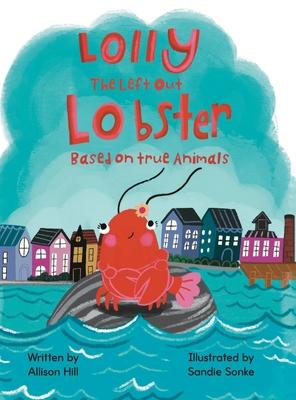Have you ever felt left out? Have you ever felt like you don't belong?
Recommended by teachers and therapists!
A fun tale that helps your little one learn the importance of empathy and understanding others.
Learning this important skill leads to happier children that have a greater ability to make friends, more posivitely resolve conflicts, and in adult words, develop a higher EQ (emotional quotient).
As a parent or caregiver, instilling open-mindedness for others is one of our hardest jobs.
Fun and colorful illustrations set the stage to deliver an interactive story that parents and caregivers can use to learn new vocabulary, have fun with silly voices, all while teaching how to have understanding for others that may be different.
A guide for adults at the end of the book.
Written in collaboration with a leading therapist, the book offers helpful suggestions, tips, and ways to have a conversation with your children about feeling left out or some of the reasons people behave the way they do when causing others to feel left out.
"Lolly the Left Out Lobster" is intended for children of all ages. We recommend it to therapists (play therapy), parents, teachers, and anyone who works with children.
Sample Reviews:
"As a preschool teacher I feel this story is the perfect way to introduce empathy by showing how Lolly was initially not accepted or helped until she eventually finds a loving crew of pups who see past Lolly's unusual features."
"What truly sets this book apart is its focus on empathy. Through adorable animal characters, children learn to see things from another's perspective. The book doesn't just explain emotions; it shows children ways to be empathetic."
"The illustrations just glow. It is a sweet and accessible story that anyone can embrace. Finally, it lends itself really well to "read-aloud" funny voices (which sometimes matters the most: ))"
"Lolly the Left Out Lobster is a bright, cheerful take on being an outsider. We've all experienced such a moment when we didn't fit in. This book is a needed addition to the bookshelves of families, schools, and churches. It teaches kindness from a young age. It teaches kids not to give up and reminds parents to emphasize and model kindness."
